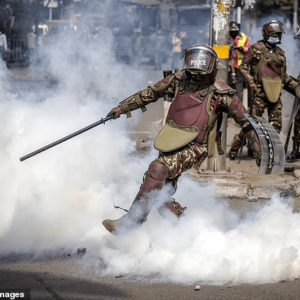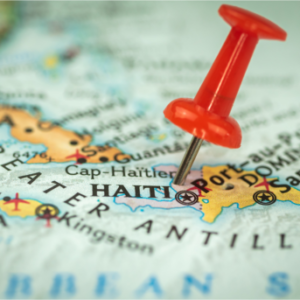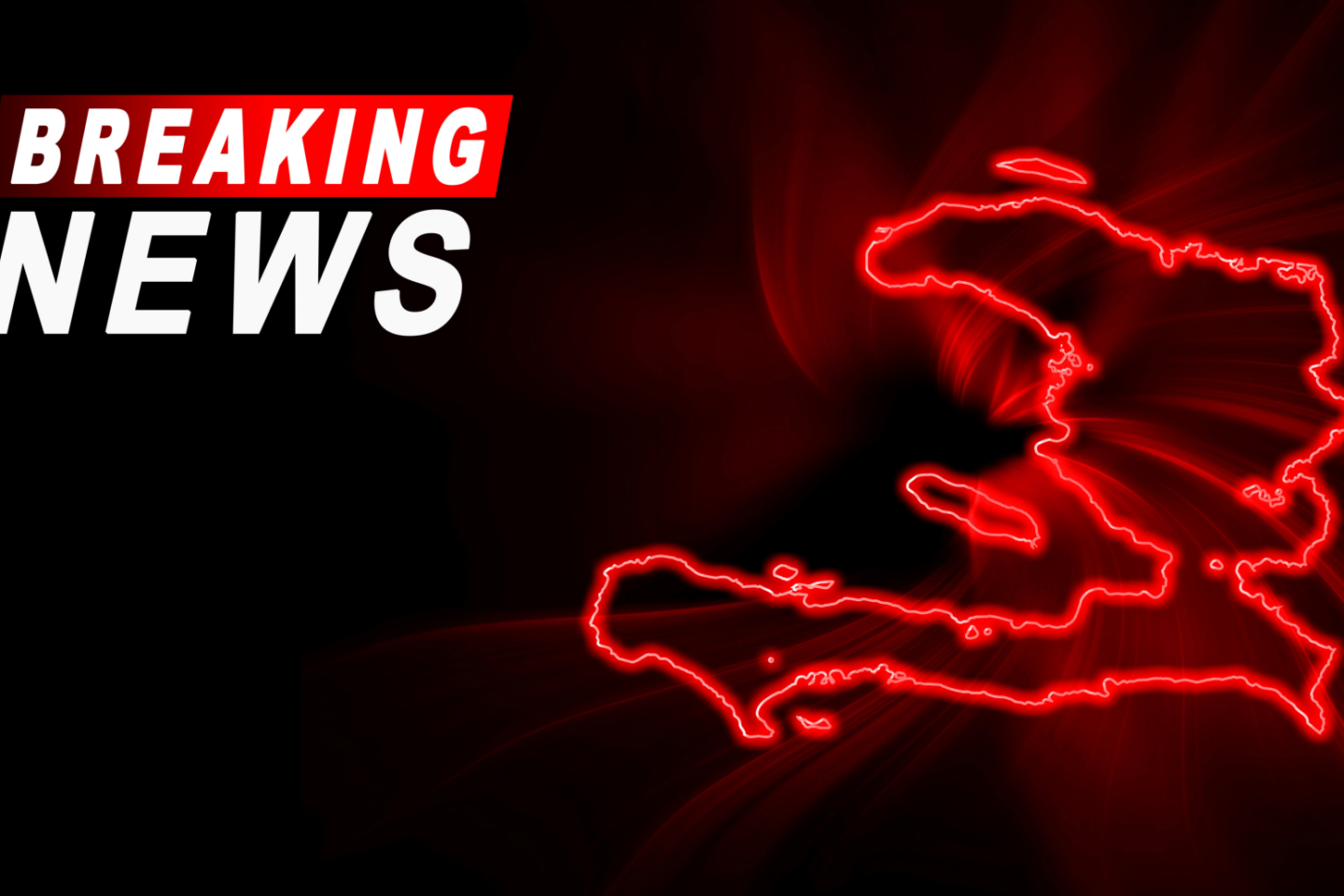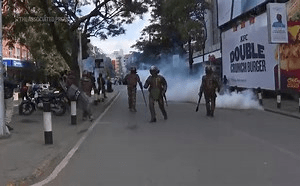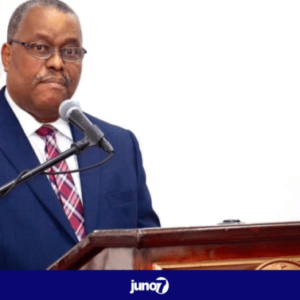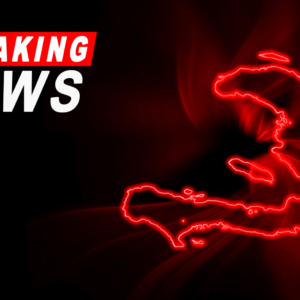By Huguette Hérard and Pierre-Richard Cajuste *
Submitted to AlterPresse on May 22, 2024
« It is time to move from diplomacy serving the Head of State to diplomacy serving the State and the nation! », Estimates a diplomat who wishes to remain anonymous. This new approach would have the effect of another form of revitalization of diplomatic action in the interest of the country.
In the past, Haitian diplomacy enjoyed a certain prestige. Our diplomats were selected from among intellectuals, writers and major political figures, such as Émile Saint-Lot, Haitian ambassador to the UN, for his important role as rapporteur of the 3rd United Nations Commission responsible for drafting of the Universal Declaration of Human Rights of 1948. Let us also cite the influential doctor Jean Price-Mars, eminent sociologist, author of Thus spoke the uncleformer ambassador of Haiti to France and the Dominican Republic, recognized as a fervent defender of Africa, who notably brought together the black diasporas in Paris and chaired major cultural events such as the first Congress of black writers and artists at the Sorbonne in 1956.
In the current context, such prestigious figures could help to give new impetus to Haitian diplomacy within the framework of the negotiations and benefit from our cooperation with international partners. The authorities of the new governance, embodied by the Presidential Transitional Council, must seriously tackle the task, direct diplomacy towards its true mission and turn their backs on the demeaning clientelistic practices which have continued to degrade our diplomacy and thus following the very image of the country, particularly over the last decade.
Most of our diplomats are unfortunately appointed not on criteria of competence and experience but on the basis of their political connections, within the government or in parliament. We even talk about “job trading and trafficking”. “ A parliamentarian finds you a job, but in return, the beneficiary must pay a good part of his or her salary to his or her “benefactor”. The person accepts because they need a job, especially since they know they are not qualified for the job.”confides to us under the seal of secrecy a former diplomat.
The Ministry of Foreign Affairs rarely responds to demands for job security, ignoring Chancellery executives and the principle of advancement in diplomatic careers. Haitian diplomacy, in fact almost non-existent, is also held hostage by “politics”. For almost three (3) years, the chancellery has become an appendage of the Prime Minister’s Office, relegating it to the role of job provider and granting itself the prerogative of managing diplomatic passports. The saying that “the fish rots from the head” seems very appropriate here.
A huge waste
In addition, the diplomatic staff is singularly overstaffed, which inevitably digs a huge hole in an already starving state budget. Diplomacy costs public finances no less than the sum of 60 million US dollars per year. A Haitian mission abroad that we prefer not to remember has around fifty diplomats and employees. Salary arrears sometimes reach several months. Some diplomats are forced to take up other employment, an anomaly which in any case contravenes the Vienna Conventions on Diplomatic and Consular Relations.
At the level of Central Services, the situation is no better. We see the same weaknesses: lack of middle managers, nomenclature disconnected from the reality of today’s world, poor working conditions for civil servants, low salaries, to name only the most glaring problems.
It is important to harmonize the operating rules of our diplomatic missions which in some cases are at the sole discretion of the Head of Mission. Hence the need to put in place mechanisms for controlling expenditure and efficient management of resources, valid for all missions.
Another example of the disorganization and disorder reigning at the Ministry of Foreign Affairs is the situation of more than a dozen career diplomats who, at the end of their mission, were recalled to Port-au-Prince, but left. refused their automatic reassignment, in flagrant violation of the law of December 29, 1958 on the diplomatic and consular career and the decree of August 17, 1987 relating to the organization of the Ministry of Foreign Affairs. These executives with more than twenty years of seniority should naturally, under the rotation of diplomatic staff, have been reassigned, but they were purely and simply thrown into the dust.
Another hot topic that deserves the best attention of the new leaders is the “Dossier of the issuance of passports in Washington” which penalizes compatriots in the diaspora, because of the scandalously long delays in issuing this document. This serious problem is particularly acute in the United States where there has been a sharp increase in the number of Haitian refugees in recent years, as well as from South American countries such as Brazil and Chile. . This migration was notably facilitated by legal programs such as the Biden administration’s CHNV (Cuba Haiti Nicaragua Venezuela) and CBP One, leading to a significant influx of Haitians to the United States.
The abnormally slow processing given by the Passport Unit in Washington to requests from the six consular posts in the United States is at the origin of this passport crisis. The Haitian embassy in Washington DC, being the only one able to guarantee fixed and reasonable deadlines, Haitian emigrants logically use its services rather than those of other consular posts, sometimes at the cost of costly and perilous trips. .
Strengthen skills
To remedy this situation, which is as harmful as it is unbearable, the decentralization of processing capacities in Haitian consulates in the United States is recommended. This involves the installation of passport manufacturing terminals, similar to that of the Consulate General of Haiti in Paris, as well as that of Washington, which are connected directly to the main office in Port-au-Prince.
All this requires a policy of reform. To this end, the Haitian government must have a clearly defined agenda, in addition to a strategic vision and a clear operational framework; especially since the various political crises, which have affected the country for many years, have caused it to regress considerably, if not to say completely knocked out.
The new leadership team should imperatively establish dynamic diplomacy, redefine the objectives of Haiti’s foreign policy and carefully select the personnel responsible for their implementation, especially in light of security challenges. To strengthen the skills of diplomats, it is essential to establish a continuing training system that allows agents to master international negotiation techniques and to understand in depth the issues specific to our country. The Jean Price-Mars Diplomatic Academy in Port-au-Prince has, in this regard, a fundamental role to play.
Taking into account the exceptional situation of the country, it is clear that, alongside the traditional practice of international relations based on maintaining ties of friendship, peace and harmony between nations, Haitian diplomacy must demonstrate creativity. It is precisely this “exceptionalism” that should lead Haitian decision-makers to conceptualize a new political-diplomatic paradigm that can serve as a framework for the advancement of the country and its influence.
We must not lose sight of the fact that as a member of the Caribbean Small Island Developing States (SIDS), Haiti is exposed to major risks in areas such as climate change and transnational organized crime. Recently, President Gustavo Petro deplored the harmful influence of his country’s criminal organizations on security in Haiti.
Faced with these challenges, a reinforced commitment, let us say it, a recovery of Haitian diplomacy is all the more essential, more imperative than ever because the climatic hazard threatens the very existence of certain islands of our archipelago as well as their capacity to meet the needs of their inhabitants, while transnational crime weakens governance, stability and development. To respond, a global and coordinated strategy is required, including regional cooperation, international aid and the strengthening of local capacities to increase resilience in the face of these diverse threats.
………..
*Diplomats

